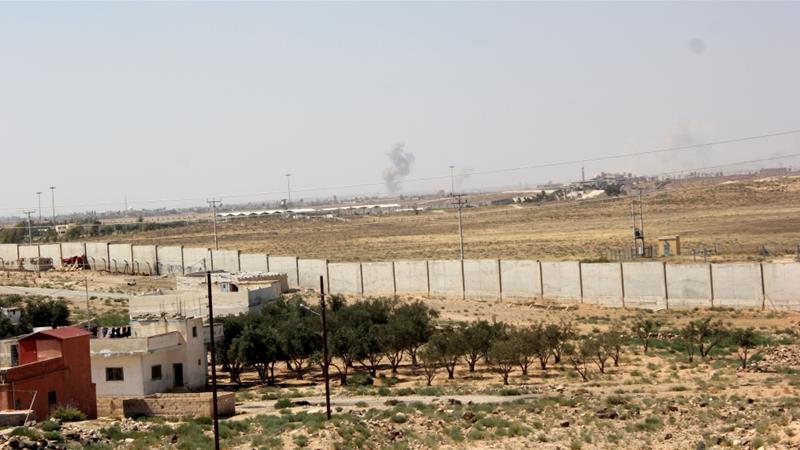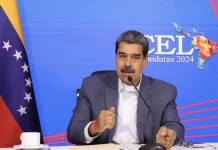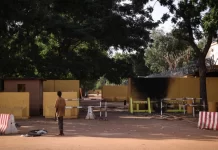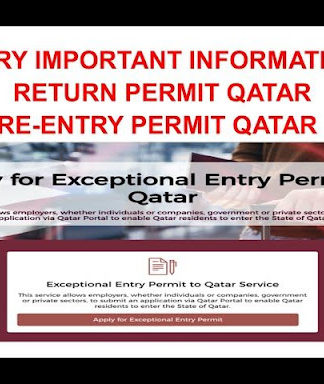After weeks of government and Russian bombardment, rebels agree to gradually withdraw and hand over heavy weapons.

Jaber crossing, Jordan – As the sun set on Friday, a large convoy of armoured vehicles and tanks with Russian and Syrian flags made its way towards the Nassib-Jaber border crossing overlooking Jordan.
The movement of the vehicles indicated that the strategically important area, held for years by rebels, was now under the control of pro-Syrian government forces.
Hours earlier, opposition fighters battling a fierce government-led offensive in southern Syria’s Deraa province had reached an agreement with negotiators from Russia, a major ally of Syrian President Bashar al-Assad.
Under the deal, rebels agreed to hand over their heavy weapons. In exchange, the Syrian army agreed to leave four villages – Kahil, al-Sahwa, al-Jiza, al-Misaifra – in eastern Deraa, sources told Al Jazeera.
Fighters opposed to the deal will now be given safe passage to rebel-held areas in northern Syria. As a result, Free Syria Army (FSA) fighters and their families are expected to head to the northern province of Idlib and to a small area under rebel control near the Golan Heights. The details of this passage are expected to be discussed in the coming weeks.
Under the agreement, Syrian forces will not be allowed to remain in the area re-taken by the government, sources told Al Jazeera.
Instead, the Russian military police will be deployed along the border with Jordan, securing the towns and villages covered by the deal. The strategically important Nassib crossing will be under the management of Syrian government civilian employees and Russian military police.
The presence of the Russian military police is key to the agreement and the assurances given to rebels and civilians.
It is also one of the main concessions gained by neighbouring Jordan which is fearful that Shia militias fighting alongside government forces will gain control of the area on its northern border.
These concessions will potentially allow tens of thousands of displaced Syrians along the Jordanian border to return to their homes as many fear being targeted by government forces.
According to the UN’s refugee agency, UNHCR, 60,000 of the more than 320,000 people who have fled the intense fighting since June 19 have been stationed along the border with Jordan. The rest have sought shelter at the frontier with the Israeli-occupied Golan heights.
Major victory
There was no immediate comment from Assad’s government and its Russian backers. But taking over the Nasib crossing is a major victory for the Syrian government, which wants to eventually re-open the border crossing as a significant trade route.
It would also potentially allow the Syrian army to drive further southwards through the area immediately east of Deraa city, where rebel territory narrows to a thin corridor along the Jordanian border. This would split the territory in two.
Friday’s agreement came a day after Jordan, which hosts more than 1.4 million Syrian refugees and has shut its northern border, said it had managed to convince the Syrian opposition and the Russians to meet again.
But the announcement only came after an earlier government advance towards the Nassib border crossing, sources on the ground said.
Commenting on the negotiations, Jumana Ghunaimat, spokeswoman for the Jordanian government, told Al Jazeera: “The solution in Syria is political, not military. The war and more fighting won’t stop the struggles of the Syrian people.”
Ghunaimat added: “We need to stop the war, and that is the main goal of negotiations which we are mediating.”
According to the rebels, Moscow had previously rejected their demands for a phased surrender of their heavy-duty arms and safe passage for rebels and civilians who did not want to live under government rule to opposition territory elsewhere.
SOURCE: AL JAZEERA NEWS
































